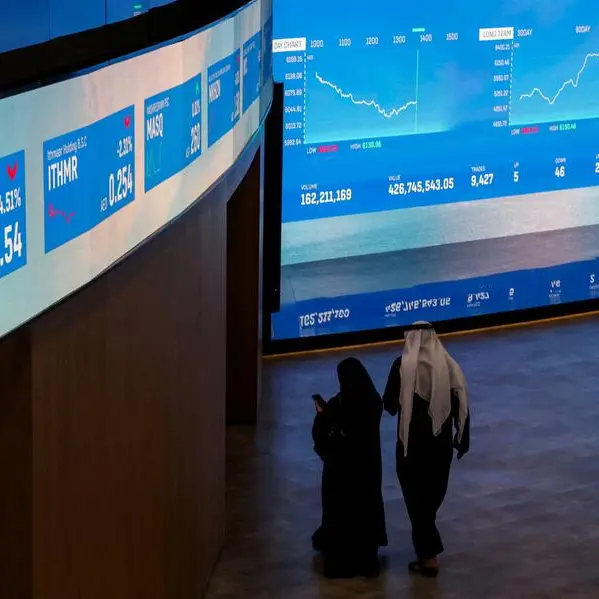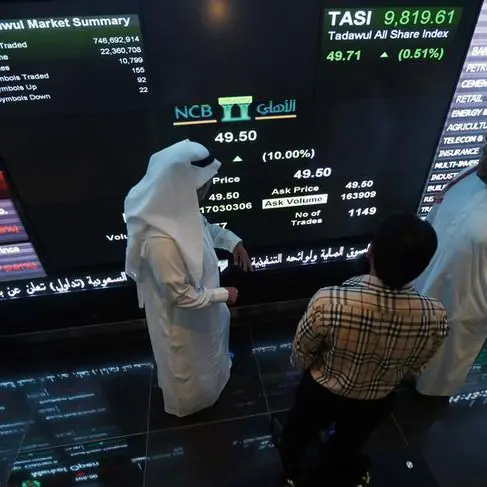PHOTO
Emerging market stocks fell on Thursday, echoing a sombre global sentiment stemming from concern over the deteriorating U.S. fiscal outlook.
The MSCI emerging markets stocks index was on track for its biggest daily drop in over a month, falling 0.8%, after hitting a seven-month high in the previous session.
U.S. President Donald Trump's sweeping tax bill cleared a crucial hurdle on Thursday, setting it up for a vote on passage later in the morning.
The nonpartisan Congressional Budget Office forecasts the bill to swell the U.S. debt by $3.8 trillion over the next decade, adding to the existing $36.2 trillion.
"Concerns over the U.S. government spending in fiscal space have been passed through quite clearly and quite strongly to treasury yields," said Nick Rees, head of macro research at Monex.
"That's really what we're seeing weigh on EM equities today, that increase in funding across the board, the spillover effects, weighing on the valuation of equities."
Conversely, an index of emerging market currencies was little changed on Thursday. For the year, the currency index was up 5.3%.
A weaker dollar, mounting U.S. fiscal debt and prospects of slower U.S. growth have put spotlight on emerging markets, with investors looking for ways to diversify their portfolio away from U.S. assets.
Confidence in U.S. assets was further dented by Moody's downgrade of the country's credit rating last week.
However, Lilian Chovin, head of asset allocation at Coutts said that "It's a good environment for risk taking, acknowledging there's some downside risk stemming from the uncertainty of Trump's tariffs."
In central and eastern Europe, a gauge tracking the region's stocks fell 1.1%.
In Hungary, the forint fell 0.5% against the euro.
Its central bank governor flagged that the fight against domestic inflation is not yet over. Persistent inflationary pressures have led the central bank to rule out future interest rate cuts at its latest policy meeting, with the next rate-setting meeting slated for May 27.
Romanian stocks surged 1.1% following the country's top court's dismissal of a request to annul the May 18 presidential election won by centrist independent Bucharest mayor Nicusor Dan.
Defeated hard-right contender George Simion had filed the request alleging interference by France and Moldova.
Turkey's main BIST 100 share index rose 0.4%, while the lira slipped 0.2%.
The central bank maintained its year-end inflation midpoint forecast but signalled readiness to tighten monetary policy if inflation worsens. Last month, amid market turmoil following the arrest of Istanbul's mayor in March, the central bank raised its key interest rate by 350 basis points to 46%.
Meanwhile, South Africa's rand was steady, while Johannesburg's stock index fell 1%.
At a White House meeting on Wednesday, Trump confronted South African President Cyril Ramaphosa with false claims of white genocide in South Africa.
In Asia, the Thai baht relinquished early gains, trading 0.4% lower after the commerce minister advocated for a weaker currency to boost exports. Equities in Bangkok fell 0.6%.
(Reporting by Nikhil Sharma and Pranav Kashyap Editing by Frances Kerry)





















